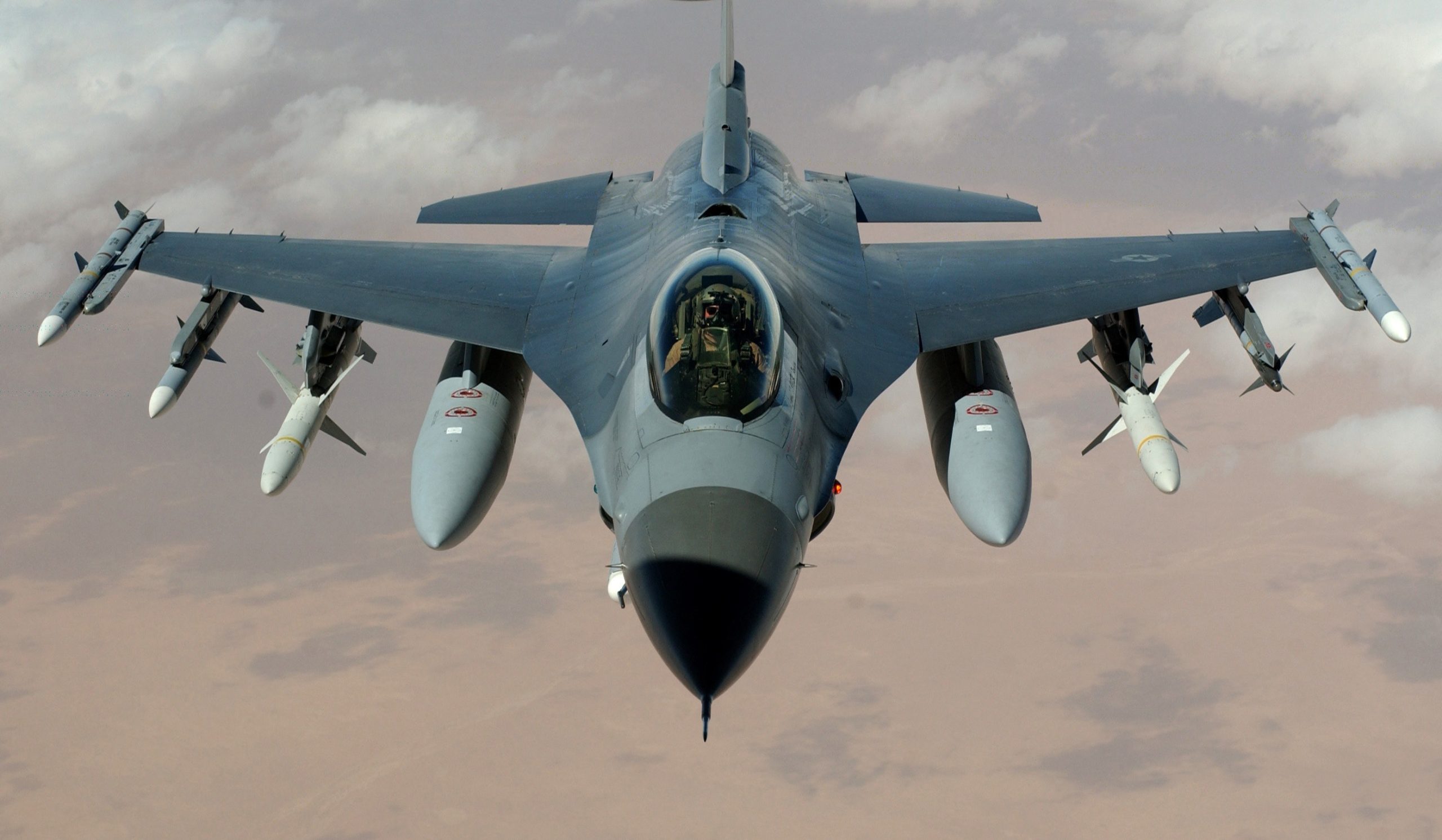Pyongyang, North Korea – In a display of military might, North Korea launched a series of ballistic missiles early this morning, heightening tensions on the Korean Peninsula. The provocative move comes as a direct warning to the United States and its ongoing joint military exercises with South Korea.
The state-run Korean Central News Agency (KCNA) reported that the missiles were fired from a coastal location and traveled a significant distance before landing in the Sea of Japan. The exact number and type of missiles fired have not been disclosed by North Korean officials at this time. The launches mark the first missile tests conducted by North Korea in several months.
The ballistic missile launches coincide with the annual military exercises conducted by the United States and South Korea. While the drills are a regular occurrence and are primarily focused on enhancing defense capabilities and maintaining regional stability, North Korea has long viewed them as provocative and a direct threat to its sovereignty.
In a statement released by the North Korean government, spokesperson Kim Soo-hyun warned the United States of dire consequences if it did not halt the joint military exercises. The statement accused the U.S. of escalating tensions and stated that North Korea’s missile launches were a necessary response to defend its national security.
The international community has expressed concern over North Korea’s latest missile tests, emphasizing the need for diplomacy and dialogue to defuse tensions. The United Nations Security Council is set to convene an emergency meeting to discuss the situation.
The United States has yet to release an official response to North Korea’s missile launches. However, it is expected that the Biden administration will address the issue in the coming hours.
Experts suggest that North Korea’s missile tests serve multiple purposes, including showcasing its military capabilities, asserting its position as a nuclear-armed state, and pressuring the United States and its allies to engage in negotiations that would lead to the lifting of economic sanctions.
As tensions rise once again on the Korean Peninsula, the international community will be closely monitoring the responses from key stakeholders, hoping to avoid further escalation and seeking a diplomatic resolution to the long-standing issues between North Korea and the United States.
*Opinion Piece: Walking a Tightrope on the Korean Peninsula*
The latest ballistic missile launches by North Korea have once again thrown the Korean Peninsula into a precarious state of uncertainty. The brazen move not only demonstrates North Korea’s determination to maintain its nuclear arsenal but also serves as a stern warning to the United States and its regional allies.
While the joint military exercises between the U.S. and South Korea are an established annual event, it is imperative that all parties exercise restraint and engage in diplomacy to prevent the situation from spiraling out of control. The stakes are too high for miscalculations or miscommunication.
It is undeniable that the Korean Peninsula remains one of the world’s most volatile regions. Any military escalation could have severe consequences, potentially resulting in a humanitarian catastrophe and threatening regional stability. The international community must recognize the need for diplomatic initiatives and peaceful negotiations.
While North Korea’s missile launches are undoubtedly provocative, it is crucial not to let them derail the possibility of progress through dialogue. History has shown that a lack of communication only deepens the divide and heightens the risk of conflict. The United States and its allies must find a way to engage with North Korea without compromising their own security concerns.
It is also important to acknowledge that economic sanctions alone have not proven to be effective in curbing North Korea’s nuclear ambitions. A comprehensive approach that combines sanctions with diplomatic efforts and incentives could yield more promising results.
Ultimately, the situation on the Korean Peninsula demands measured and calculated responses from all parties involved. The international community must act collectively to alleviate tensions, deescalate the situation, and work towards a peaceful resolution that ensures




